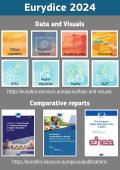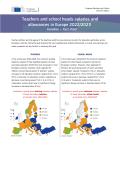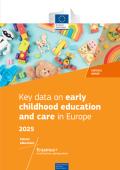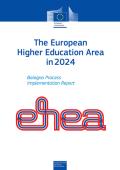Key Data on Teaching Languages at School in Europe 2012
Key Data on Teaching Languages at School in Europe 2012
Full version CS DE EN ES FR HR IT PL PT RO TR
Highlights BG CS DE EN ES FI FR HR IS IT LV PL PT RO SK SL SR SV TR
Description:
Key Data on Teaching Languages at School in Europe 2012 contains 61 indicators and qualitative information describing the context and organisation of foreign language teaching, student participation levels as well as the initial and continuing education of foreign language teachers. In addition to giving a snapshot of the situation today, the report also presents several time series which are helpful in identifying trends in language teaching over recent years and past decades.
Key Data on Teaching Languages at School in Europe 2012 is a joint Eurydice/Eurostat publication, produced in close cooperation with the European Commission. The report is based on four main data sources: Eurydice, Eurostat, the European Survey on Language Competences (ESLC), and the OECD's PISA 2009 international survey. Eurydice data covers 32 countries (27 Member States, Croatia, Iceland, Liechtenstein, Norway and Türkiye) and takes the reference year 2010/11.
Contents:
Chapter 1: Context
Chapter 2: Organization
Chapter 3: Participation
Chapter 4: Teachers
Chapter 5: Processes





